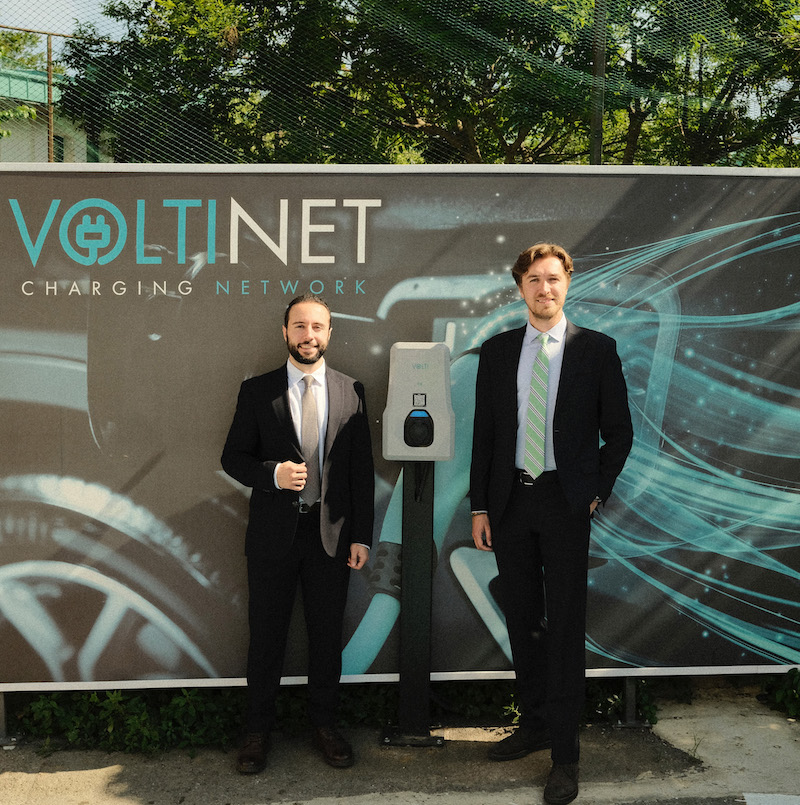Barbaros Serter RC 10, the co-founder of VoltiNet, explains how electric cars are shaping the future.
ESSAY
 The future of transportation is shaping up to be a real-life sci-fi movie, and the star of the show is electric vehicles. While traditional cars are noisy and not eco-friendly, electric cars are sleek, quiet, and green. They are zooming into the future with a speed that would make even Marty McFly proud. But what does the future of transportation look like in a world dominated by electric vehicles (EVs)?
The future of transportation is shaping up to be a real-life sci-fi movie, and the star of the show is electric vehicles. While traditional cars are noisy and not eco-friendly, electric cars are sleek, quiet, and green. They are zooming into the future with a speed that would make even Marty McFly proud. But what does the future of transportation look like in a world dominated by electric vehicles (EVs)?
Experts predict that by 2030, EVs could make up almost 50% of all new car sales worldwide. This expectation is based on the advancements in battery technology, making EVs more affordable, with longer ranges and faster charging times. EVs also foster broader societal and economic changes. As more people switch to EVs, a shift away from oil dependency and towards renewable energy sources is inescapable. This shift will help to reduce carbon emissions and create a more sustainable energy system for the future.
EVs are also changing the way we think about transportation. With their quiet motors and smooth rides, EVs offer a more enjoyable driving experience than traditional cars. With the advent of autonomous driving technology, we may soon not need to own cars anymore. Instead, we could use ride-sharing services, with self-driving EVs taking us where we need to go.
What about the challenges that come with owning an EV? One of the biggest concerns is the range - the fear of running out of power inconveniently. As battery technology continues to improve, this concern will become less of an issue. Many modern EVs can already travel up to 500 kilometers on a single charge, quite enough for most daily commutes.
Another challenge is the need for charging infrastructure. Charging stations will become more common in public areas, such as parking lots and rest stops. As more people switch to EVs, the demand for charging stations will increase, leading to a more extensive network. Fortunately, many companies and governments are investing in this infrastructure already.
With a population of over 80 million, there is a considerable potential customer base for EVs in Turkey. The Turkish market has witnessed the entry of various international electric vehicle manufacturers, as well as the launch of local manufacturers like TOGG and PilotCar. The number of registered battery electric vehicles in Turkey is around only 20,000 units so far. Combined with the peaking interest in renewable energy investments such as solar powerplants and wind turbines, and regulatory commitments such as the Paris Agreement that aim to reduce carbon footprint, one thing is clear: the future of transportation is electric, and it's already here.
Inspired by the EV transformation, Barbaros Serter and Uygar Özdemir RC 13 started VoltiNet, an electric vehicle charging station operation company. VoltiNet stemmed from the research and development conducted by Serter’s family business, SERTPLAS, which is now the manufacturer of high technology charging stations for electric vehicles, and Özdemir’s operational vision honed at Amazon. They started with installing electric vehicle charging stations at the Bizim Tepe alumni association parking lot, and together they aim to bring them to people’s doorsteps.
Published July 2023



